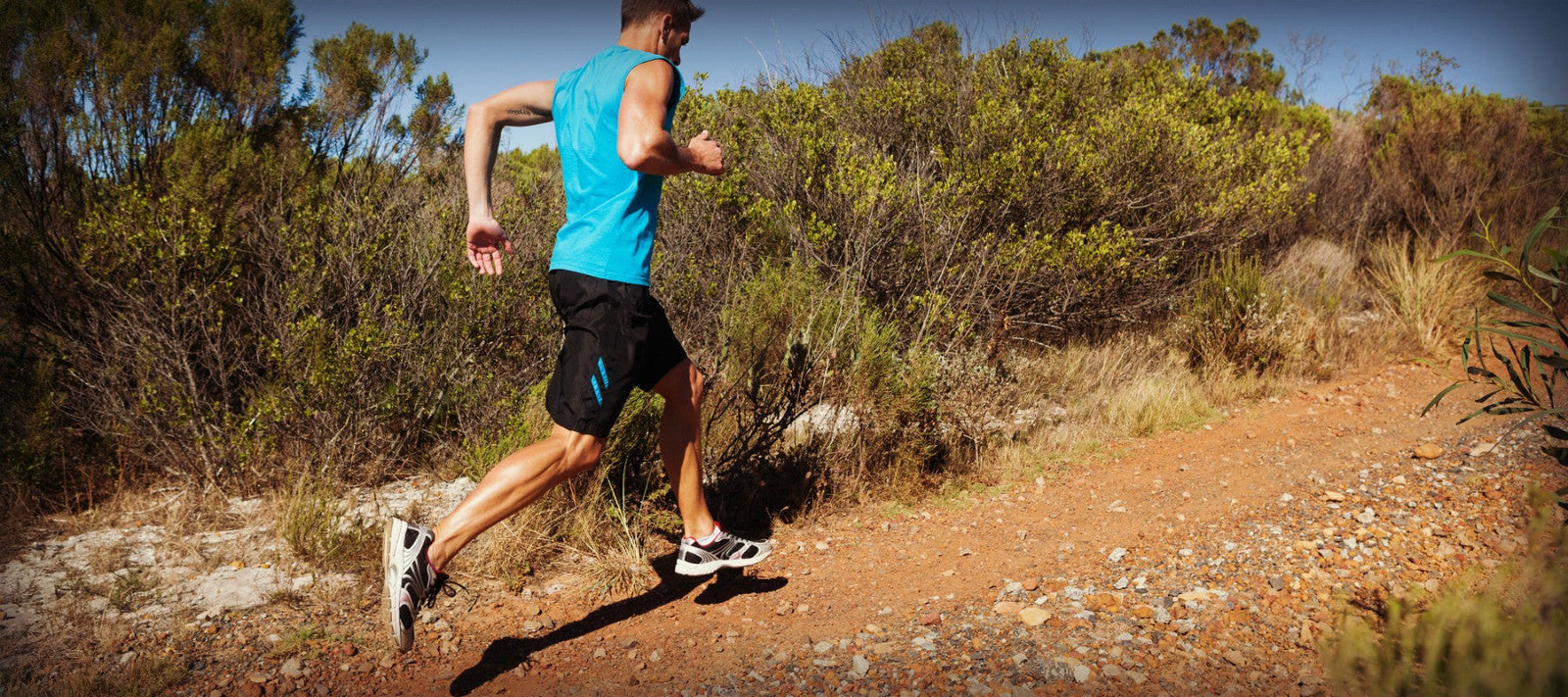Running: The Uphill Battle

Many runners cringe at the mere mention of the word "hills," often coming up with myriad excuses why they cannot or should not incorporate hills into their weekly routine. The truth is, the ability to conquer hills should have a place in everyone’s training regimen, whether you are training for a 5K or a marathon.
Yes, hills can be a real challenge — but that's because they require a lot of strength to climb. If you shudder when you think about running hills, then you're probably lacking in the strength department. Unfortunately, this is a necessity in any race — especially when the going gets tough.
Conditioning For Hill Runs
It's best to start by apportioning 3%-5% of your weekly mileage to hill work. Once you start to get stronger, increase this to 10%-15%. Do not incorporate hills into interval or repetition workouts because these are designed for fast runs that increase your lactic threshold. Instead, save the hills for tempo runs and longer, easier runs.
If you're training for a race that includes hills and you know the course layout, you can design a workout that simulates the run. For example, let’s say you're running a 5K and you know there is a hill at about the 3K mark. A good training workout for this scenario would be to run at or above race pace for about 15 minutes, then do a few hard laps up a local hill, and finish with another 15 minutes hard. You could also do short intervals that end uphill.
Running uphill is comparable to doing squats, lunges and leg presses, but if you do not have access to a gym and want to reach your full potential in running, then hill training is the way to go.
Take the next step in your training regimen: Try any BRL Sports supplement risk-free! If our natural nutritional products aren’t the best you’ve ever used, simply return your purchase for a 100% refund — no questions asked!
Also in Inspiration & Perspiration

Extreme Endurance: How Elite Athletes Train Beyond the Limit
Explore how elite athletes train for extreme endurance. Learn what it takes to build physical and mental capacity for ultra-distance performance.

Marathon Training Nutrition: Complete Fueling Guide from Base Building to Race Day
A practical guide to marathon training nutrition, with fueling strategies, common mistakes to avoid, and how to adjust your intake from base to race.

Creatine vs Pre Workout: Which Should You Take? (Or Both?)
Creatine and pre workout serve different goals. Learn how they compare, when to use them, and whether stacking both is right for your routine.


